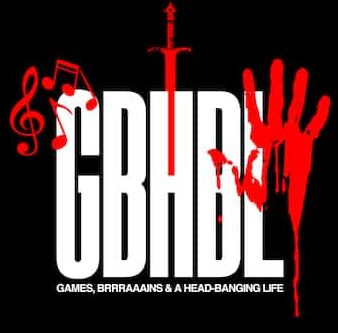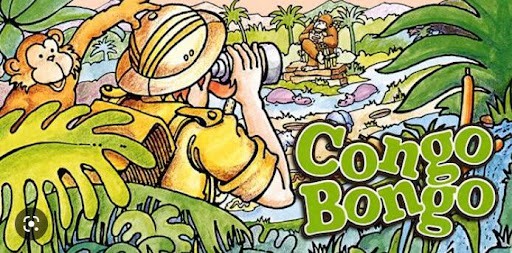Congo Bongo: A Classic Game Set in Africa
Are you familiar with Congo Bongo, one of Sega’s best platform games from the early days of gaming? Although it may be a relic of the past, it is undoubtedly one of the most entertaining games out there. The game was released in March of 1983 and quickly became a sensation. Sega attempted to replicate the success of Donkey Kong, an arcade game that was a huge hit in 1981, but with its own original theme. Despite some similarities, both Congo Bongo and Donkey Kong featured primates as the main protagonists who threw objects at the player from above and consisted of four different stages.
Congo Bongo, however, was unique in that it took place in the heart of the Congo, breaking away from Donkey Kong’s storyline and design. The player character, a traveler, had four thrilling stages to explore, which served as a precursor to the multi-level video games we see today.
Success, Reception, and Lasting Legacy
Congo Bongo was a groundbreaking game of the 1980s, as game designers sought to push the limits of what was possible in video games. Each level of the game was a unique and thrilling experience, with the adventurer journeying through the Congo jungle, battling primates and other dangers along the way. Despite being released over 30 years ago, Congo Bongo’s impact on the gaming world endures. Today, the popularity of Congo sports betting is a testament to the love and excitement fans still have for this classic game. While new technology and gaming platforms have emerged, Congo Bongo remains a beloved classic that has stood the test of time.
While it’s unlikely that many new players born after the game’s release will discover Congo Bongo, there are still those who enjoy revisiting the game through simulators. It’s no surprise that the game’s memory lives on, as it was an absolute blast to play back in its time and helped pave the way for modern video games.
Congo Bongo was a game ahead of its time, featuring stunning illustrations and exceptional gameplay that made it a favorite in tabletop arcades throughout Japan. Despite its popularity, some media outlets, including Time, inaccurately claimed that the game was a failure and panned it in vitriolic reviews. This misrepresentation of Congo Bongo’s success was perhaps due to the fact that it was part of the early days of Japanese gaming, a time when the industry was still in its infancy and struggling to gain mainstream recognition. Nonetheless, the game went on to become a classic and a testament to the ingenuity of Japanese gaming, paving the way for the vibrant and diverse industry that we know today.
In 1985, two years after Time’s publication, Computer Games magazine discovered that Congo Bongo was actually a success and a valuable title on Atari. While some critics did criticize the game for being derivative and reminiscent of Donkey Kong, Sega continued to support the game and promote it in all the markets it operated in. Even today, Congo Bongo remains a beloved classic among retro gaming enthusiasts, thanks to its innovative design and challenging gameplay.
Where Is Congo Bongo Today?
Congo Bongo remains a defining arcade experience of the 80s, and possibly beyond. While arcades have since been replaced by PCs and more sophisticated consoles, it’s important to acknowledge that these early-day games paved the way for developers to explore the possibilities of video game development.
Much like PC and console gaming, arcades provided a social and intimate experience where people gathered to share the fun. Congo Bongo fit perfectly into this environment, as it was packed with action and required players to utilize their skills, knowledge, dexterity, and good hand-eye coordination to overcome challenges. While Congo Bongo may not have matched Donkey Kong’s popularity, the game’s name still resonates with many gamers today, who continue to revisit the title. This is a testament to the game’s high quality and enduring appeal.




